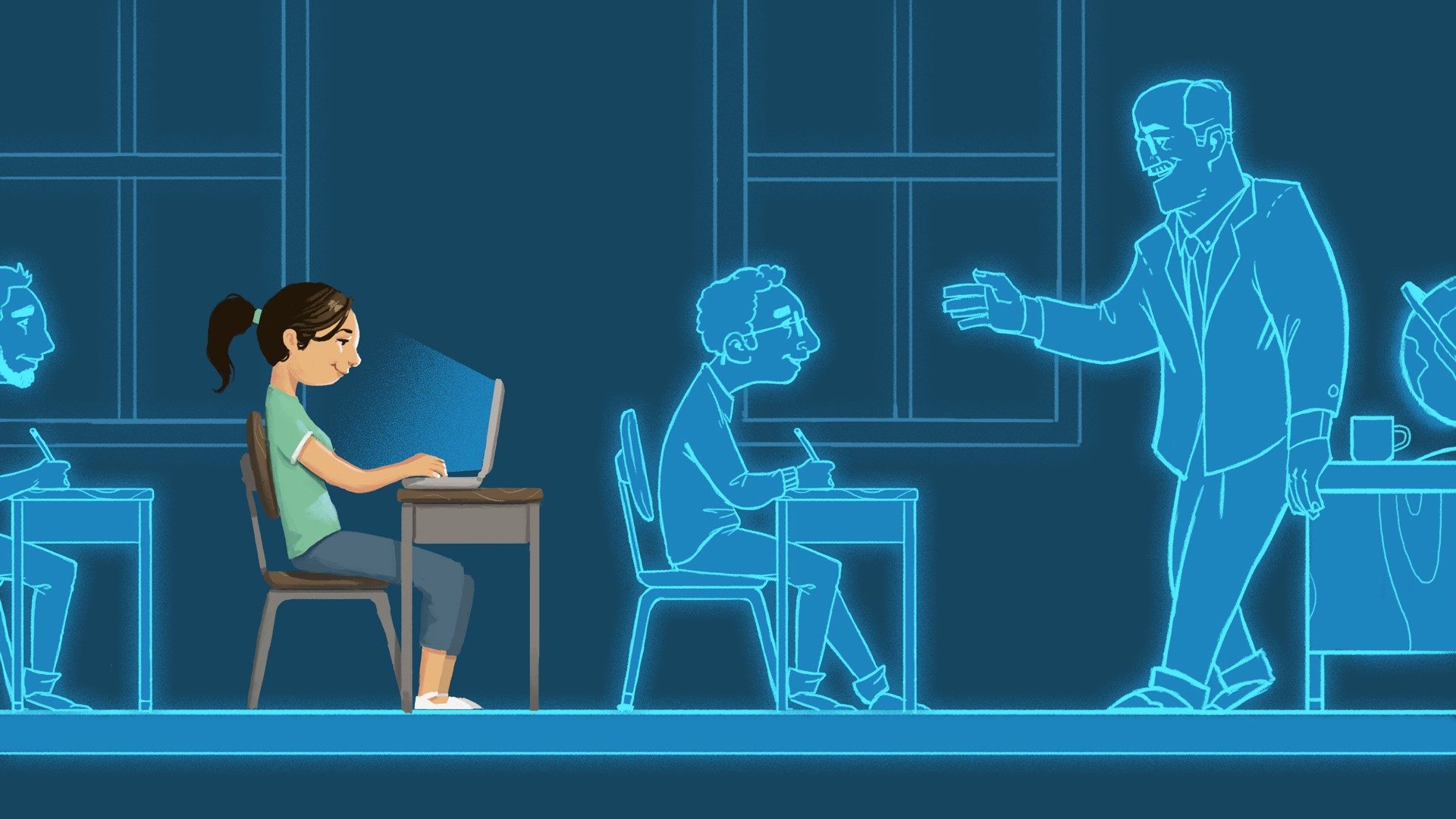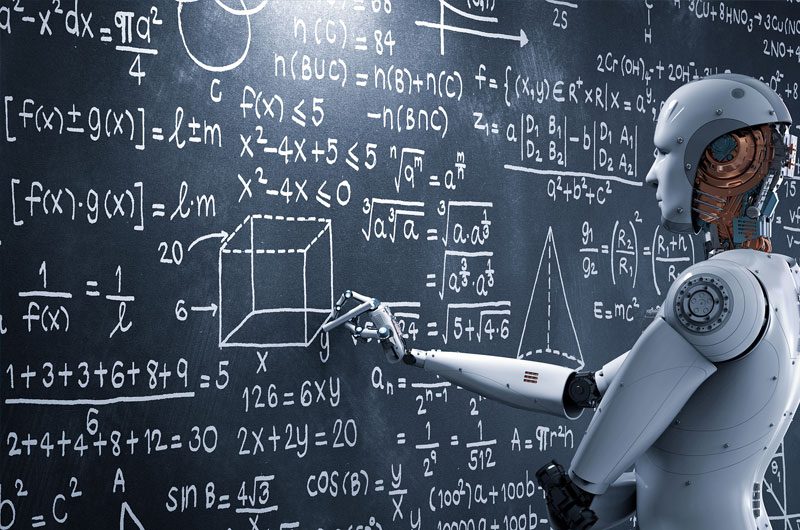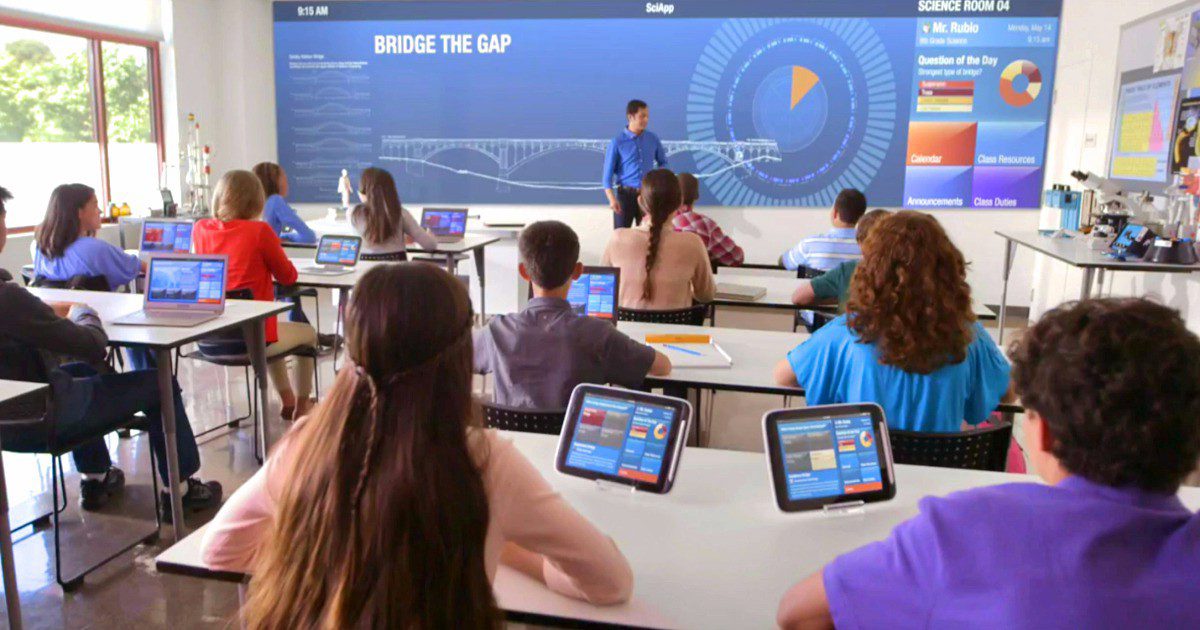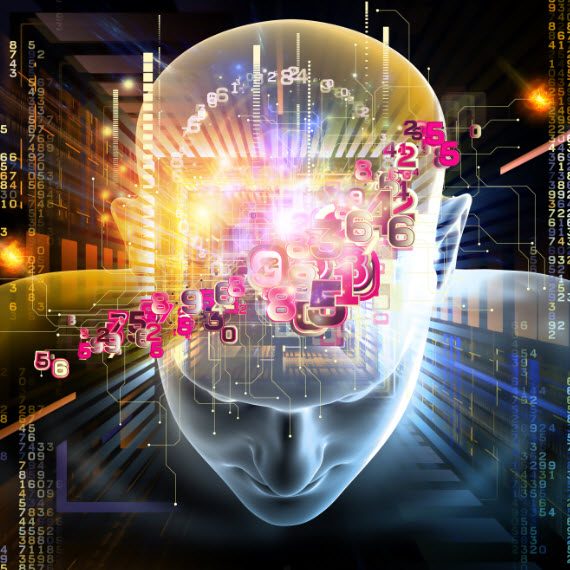We are at a tipping point. The workplace is changing ever more rapidly and our education system is being left behind. Our schools and universities still embrace an era of authoritative mechanization that is born out of the engines of the industrial revolution.
There is now a movement towards more flexible learning online and also face-to-face. We require a framework of personalised learning to ignite passion and talents in young people and others.
We should instead encourage our children to understand who they are. This will be education that nurtures their uniqueness, to value their differences, and be inspired by the contribution they can make in the world.
To do this we should develop a scope and dynamics of meaningful and effective personalized learning. This would be suited to today’s societal needs and help foster a young persons’ inherent and amazing potential.

The Current Situation
Our current school system works for about 20% of children. For another 20%, they are a disaster. Many kids find schools stuffy and restrictive with authoritarian rules. Also, there is little opportunity for creative expression.
Children are pressured to focus on academic subjects irrespective of where their natural passions and talents sit. As a result, they become disengaged and find learning irrelevant. This results in high levels of childhood anxiety and depression.
The world still uses the degree as a passport for getting jobs. Many jobs now require an MSc or Ph.D. when only A-Levels or a first degree were enough 20 years ago.
Also, many industries are experiencing skill gaps, especially in IT, healthcare and engineering roles. These organisations are chaffing at the cost of expensive courses.
More and more graduates are struggling to get work. This is because what they learn does not match what companies want. Over 60% of the jobs that our children will be doing don’t exist yet.

The Challenge of Education Today
Our current education system has been with us for 200 years. It is based on Prussian models that were created under Frederick the Great to impose a strict ethos of duty, sobriety, and discipline.
The system was designed in the industrial age when children were moulded to take on jobs in the factories. In our current technological age many of the values of the industrial age are irrelevant and redundant.
Learning is often ineffective and disengaging without a personalised pathway to support each learner. Many young people leave education not knowing who they really are let alone what they want to do with their lives. We must address the disengagement and disillusionment amongst our youth.

Issues with Modern Schooling
Children are rewarded for doing exactly what they are told. The system is one of mass production and mass control. In the industrial age, it was important for factory workers to follow instructions without question. However, in today’s world young people need to be creative, develop ideas and collaborate with others.
Every minute of the student’s life is controlled by a prescribed subject timetable and the school bell. Children are given very little if any opportunity to manage their own time and this sends the dangerous message that they are not in charge of their own life.
Memorising facts simply to pass exams is not authentic learning. Most of the information is forgotten the day after the exam. Learning can be far deeper and more meaningful but the system values test scores that only measure memorisation and retention.
Our current standardised education system expects everyone to learn the same thing at the same time.
This is with no regard for students’ unique interests and talents. We have no way of knowing how much talent is wasted as a result.
Students learn differently and at different rates. Without personalised learning it is easy for a child to become labelled as a failure when all they needed was a little extra time or adopt a different approach.
In the current system, children are lectured and expected to follow at the same rate. Inevitably there are some who are bored, and others left behind. Technology has everything the child needs to learn at his own pace, but for fear of losing control, the system is failing to make full use of these resources.

Adopting a Path of Flow
Children will flourish on a path where they can live life in their flow. The value that they offer to those around them and to the world as a whole will become self-evident.
Several private schools have been created in response to the recognition of the need for change. Often these are driven by entrepreneurs. Interdisciplinary, project-based learning allows students to follow their curiosity and passion, engage in intellectual inquiry and creative design, and work collaboratively. The students are more intrinsically motivated than in traditional education models.
Finland has long been renowned for the quality of its education and always scores highly. Now it is rethinking how it teaches in the digital age. It seeks to place skills, as much as subjects, at the heart of what it does.
 Organisations and countries will invite these bright young people to contribute to their own communities. Hiring decisions will focus on personal contributions and not on a piece of paper whose value is based on the name of the school.
Organisations and countries will invite these bright young people to contribute to their own communities. Hiring decisions will focus on personal contributions and not on a piece of paper whose value is based on the name of the school.
Lifelong Learning for All
Create lifelong learning for everyone for any learner, anywhere, and at any time. Give them access to an education that is as broad and as deep as the internet, as individualized as a fingerprint, and as accessible as the air we breathe.
We should enable any learner, anywhere and at any time, to learn. This can be delivered through purpose-built schools and customised online learning. This would also be an alternative to state-funded schooling and embrace the unique talents of each individual.
Be On Our Next Facilitator Training Experience, Amplify Your Life, and Become an Extraordinarily Powerful Healer –
Click HereGet Full Access to Jerry’s Meditation Library
here